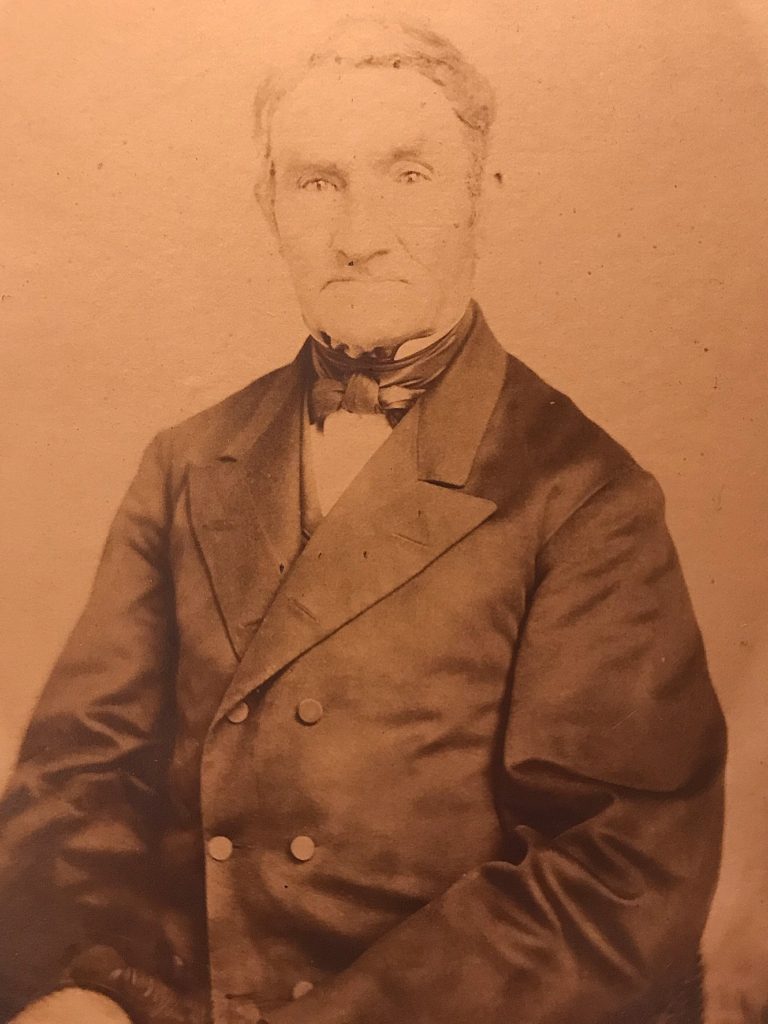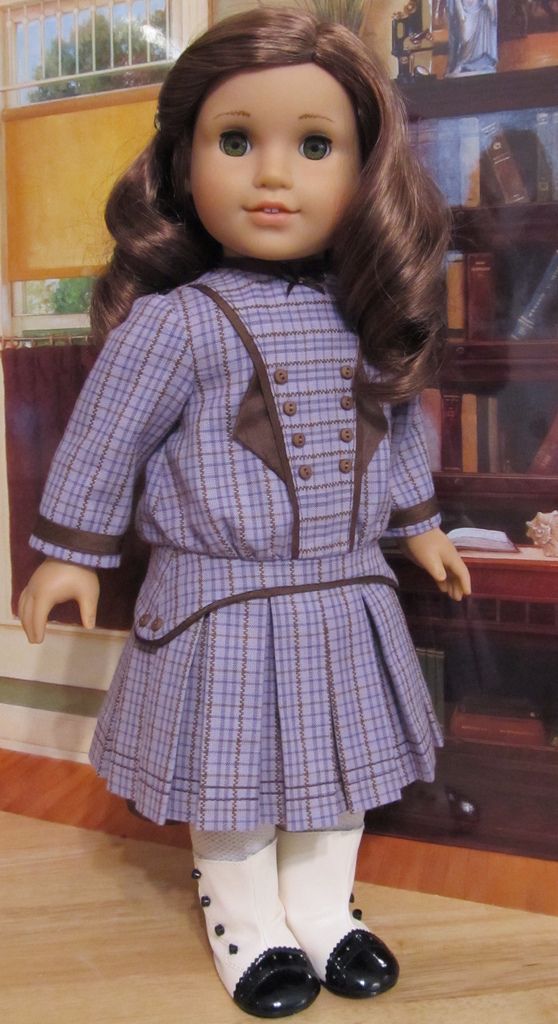“We are not makers of history; we are made by history.”
Martin Luther King Jr., in a sermon from the book Strength to Love
Happy rather belated Martin Luther King Jr. Day! I reference his quote partly to celebrate the anniversary of his birth and partly because it seemed to have relevance to the investigation of my great-great grandfather Horace W. Dunning.
In context, that quote from Dr. King’s sermon meant, ‘yes, right now history is making you, but it doesn’t have to be that way.’ He was exhorting people to stand up against injustices and to be active in supporting civil rights.
As in, “No, history! I’m not letting you run roughshod over me like a bunch of white conspiracy theorists through the halls of the Capitol building!” Hmph.
It brought to mind the story from 2015 where a mother from Houston called out a McGraw-Hill text book. One section of the history book stated that the slave trade “brought millions of workers from Africa to the southern United States to work on agricultural plantations.” She argued that the wording glossed over the ugliness of that history. McGraw-Hill ended up rewriting it.
This woman – like all of us – was “made” by history but she also “made history” herself, in this case, by arguing her case with the publisher. I think it’s just what King was getting at in his sermon.
Speaking of national history, did you watch the inauguration ceremony on Wednesday? My daughter’s teachers turned it on for the children and it was the sound of her clapping from the sofa that clued me in to tuning in from my work laptop (shhh).
Not yet at an age that would make her embarrassed to do so, she sang Amazing Grace loud and strong along with Garth Brooks. I promise to stop harping on “made from history” but my daughter learned the song over many visits to church. Which we went to because I grew up going to our local Presbyterian church…
…because grandfather went and great-grandfather and great-great-grandfather before that. Do you know how many generations of us (and likely you and your ancestors, too) have sang Amazing Grace? Over so many years, isn’t it um...amazing...to think that all of us sang the same notes and the same tune?
We just watched the 46th president be sworn in. When Horace W. Dunning was born, in November 1833, only the 7th president (Andrew Jackson) had begun his 2nd term.

I’ll admit that this picture is not the crispest one in the album but it’s special in its way. Horace passed away not 6 months after the photo was taken, on March 14th, 1915. Meanwhile, toddler Marjorie looks to be up to something tricky in the background.
What must it have been like for this 80-year old (+) man to look upon his granddaughter and consider the world in front of her?
Talk about history “making” a person. It was during Horace’s childhood – 1830s – 1850s – that the U.S. implemented the Trail of Tears, the forced relocation of hundreds of thousands Native Americans. The years that he grew up were the same years that the “cotton kingdom” in the Deep South grew, fueled by slavery.
The Civil War took place while he was in his late 20’s / early 30’s. Between the time of his birth and the taking of the picture above, 24 new states had joined the Union, including Florida and Texas. How could any or all of these events not have shaped the person he was?
One thing we do know was that he was active in politics. At 60, he served as Chairman of the Republican delegation for the Town of Walkill:
Town of Walkill Republican Primary
The following delegates were appointed to attend the Republican Convention to be held at Circleville, Saturday, February 25th: H.D. Thompson, Geo. Gillett, John C. Wilber, Jr, Horace W. Dunning, Jr, R. F. Gardner, Ira S. Gardner, Arthur H. Dunning, R.D. Osburn, Simeon Suffern, by district N. 1.
The chairman of the delegation was impowered to cast the vote of any absent delegate.
Horace W. Dunning, Chairman
February 20, 1893
Horace D. Thompson, Secretary
The Republican Party was not formed until 1854, when Horace was 21. As a prosperous farmer, a staunch Presbyterian and a Northerner he would have completely fit the profile. Chances are he was anti-slavery, supported the gold standard and the growth of industry (railroads, cities, advances in agriculture, etc.)
If his portrait below reminds you of Abe Lincoln, it’s because I suspect it was taken some time in the 1870s when many of Lincoln’s portraits were done.


American Girl Doll Rebecca Rubin’s classic outfit from 1914 New York City!
I’ve included a photo of the American Girl Doll known as Rebecca Rubin, too. When I saw my grandma’s plaid outfit in the first picture I said, “hmm…that reminds me of something”. The doll’s outfit is modeled on a 1914 pattern so now you can rest knowing that the American Girl Doll company does its research!
Well, it’s been a long post but then…it’s been a long January, friends. Sending you a big family hug on this snowy day.

I believe it would have been in Horace’s time that Webb Horton Church broke away from First Presbyterian over the slave issue. I could be wrong. Always an interesting blog, Martha.
I will have to look this up!
I enjoyed your line about running roughshod! I wish it wasn’t based on truth. Also, I can see your family resemblance in the “Abe Lincoln” pic!
Thank you! And agreed…wish the truth weren’t so ugly. Do you really see a resemblance? LOL!